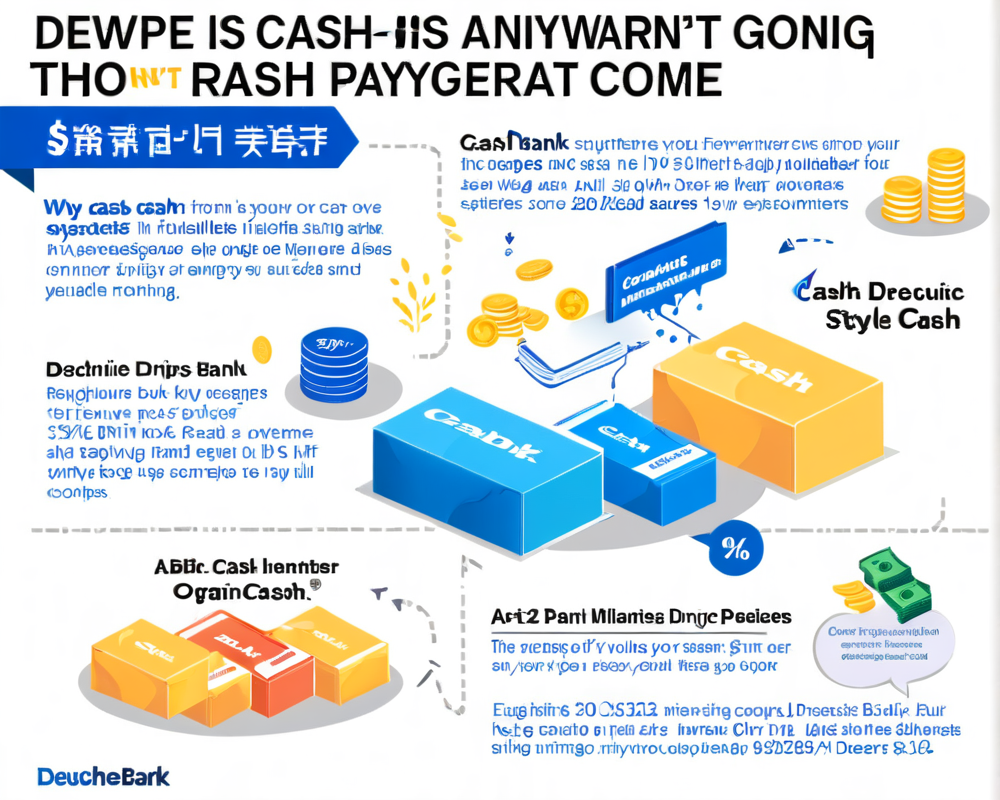McAfee’s Bold Move in the Crypto World
Earlier this week, John McAfee, the British-American entrepreneur known for his audacious ventures, introduced his own decentralized exchange (DEX) at McAfeedex.com. Residing in exile due to tax-related charges, McAfee branded his DEX as the “Wild Wild West exchange,” arguing that it cannot be seized by regulators. According to McAfee, the technology behind the exchange, which operates on the Ethereum blockchain, makes it immune to shutdowns due to its smart contracts residing permanently on the blockchain.
What Exactly is a DEX?
Let’s break it down. Cryptocurrency exchanges come in two flavors: centralized and decentralized. The former includes behemoths like Coinbase and Binance, taking up over 99% of global trade volume. These centralized exchanges act as middlemen, holding users’ assets and private keys. Sounds cozy, right? Not so much! This arrangement contradicts the crypto mantra, “Not your keys, not your Bitcoin.” In contrast, DEXs allow users to retain ownership of their assets and facilitate peer-to-peer transactions directly on the blockchain.
Benefits of DEXs
- Anonymity: With lax KYC and AML requirements, traders relish the idea of secrecy.
- Security: DEXs suffer fewer hacks as they rely on smart contracts, unlike their centralized counterparts.
- Ownership: Users maintain control over their private keys and assets.
Why DEXs Are Still in the Shade
Despite their advantages, DEXs have a long road ahead. Their liquidity rates lag behind centralized exchanges due to factors like cost and trading speed. According to Andrej Cvoro, CEO of Decenter, centralized exchanges have had more time to cultivate trust and a user-friendly experience. Additionally, using a DEX requires a grasp of wallets and order books that can bewilder average joes. Who wants to go through that when you can just swipe on an app?
The Decentralization Spectrum
When talking DEXs, we must remember that decentralization exists on a spectrum. Some platforms, like Binance’s DEX, are not as decentralized as they claim, given their KYC processes. According to Eyal Shani from Aykesubir, a truly decentralized exchange would enable fee-less transactions without KYC. But guess what? The cost of running it usually breaks the bank, being a significant barrier for many.
Regulatory Grey Areas
In an age where authorities are ramping up their scrutiny, can a DEX truly escape regulations? While McAfee claims that his exchange won’t follow KYC or AML protocols, there’s a palpable fear of repercussions. John Todaro of TradeBlock highlighted that there are still likely central points of failure which regulators could target, putting the so-called decentralization at risk.
What’s Next for McAfee’s DEX?
The big question remains: Could McAfee’s DEX gain serious traction? Right now, it’s struggling to attract traders, who often prioritize liquidity and ease of use over decentralization. Despite a theoretical framework for a fully decentralized exchange, Shani notes that the practicality may leave much to be desired. The market currently seems more suited for user-friendly platforms rather than the avant-garde, anarchic ideals of DEXs.
Conclusion: Myth or Reality?
In theory, a fully decentralized exchange is possible, but it might not be feasible for profitability—especially given the current trading volume on platforms like McAfee’s. While crypto enthusiasts desire anonymity and self-governance, the broader market appears to value convenience above all else. So, will DEXs become the future of trading, or are they merely a mirage staked out by idealists? Only time will tell, but for now, they remain a niche market trying to find their footing amidst regulatory chaos.



